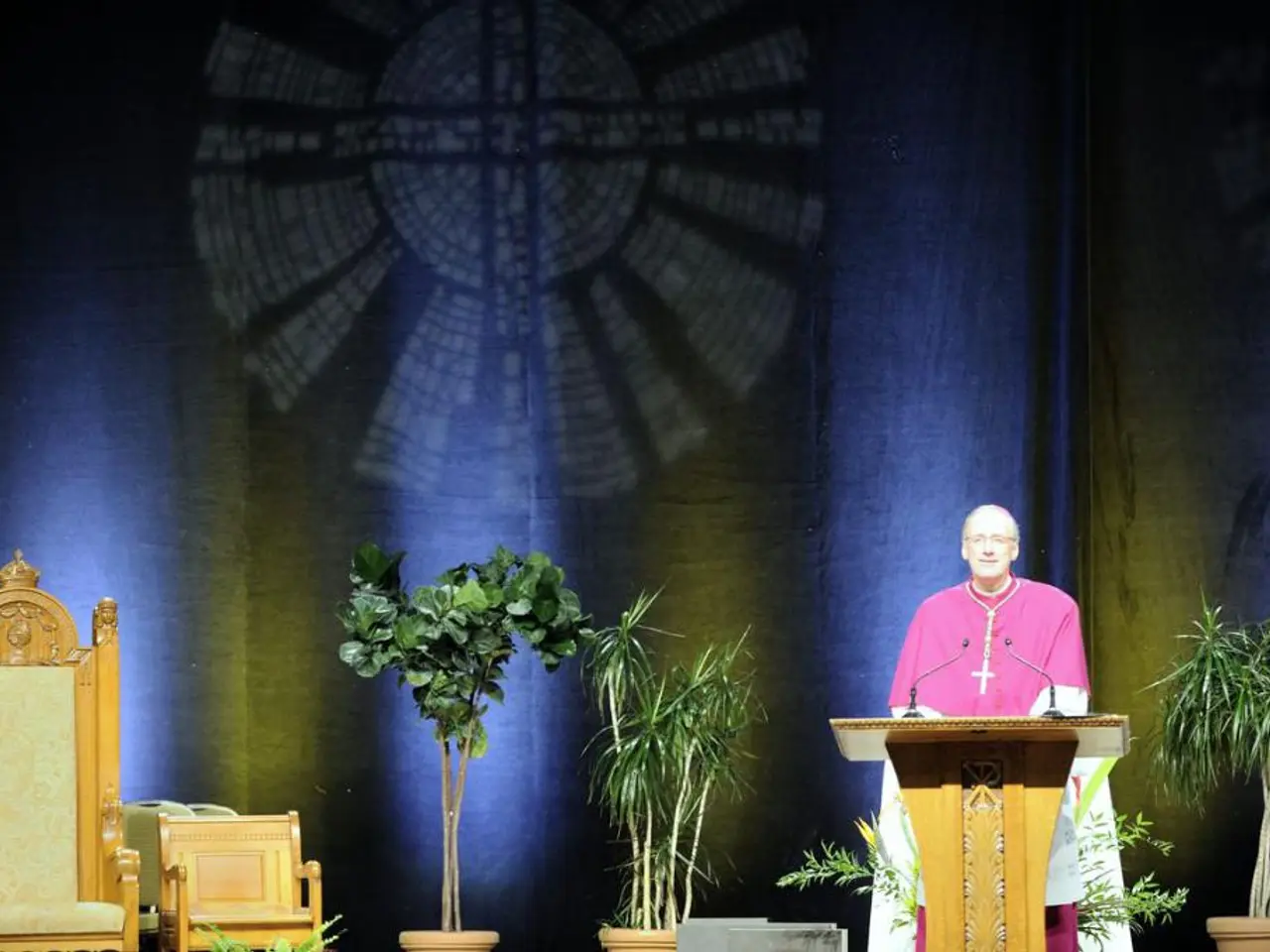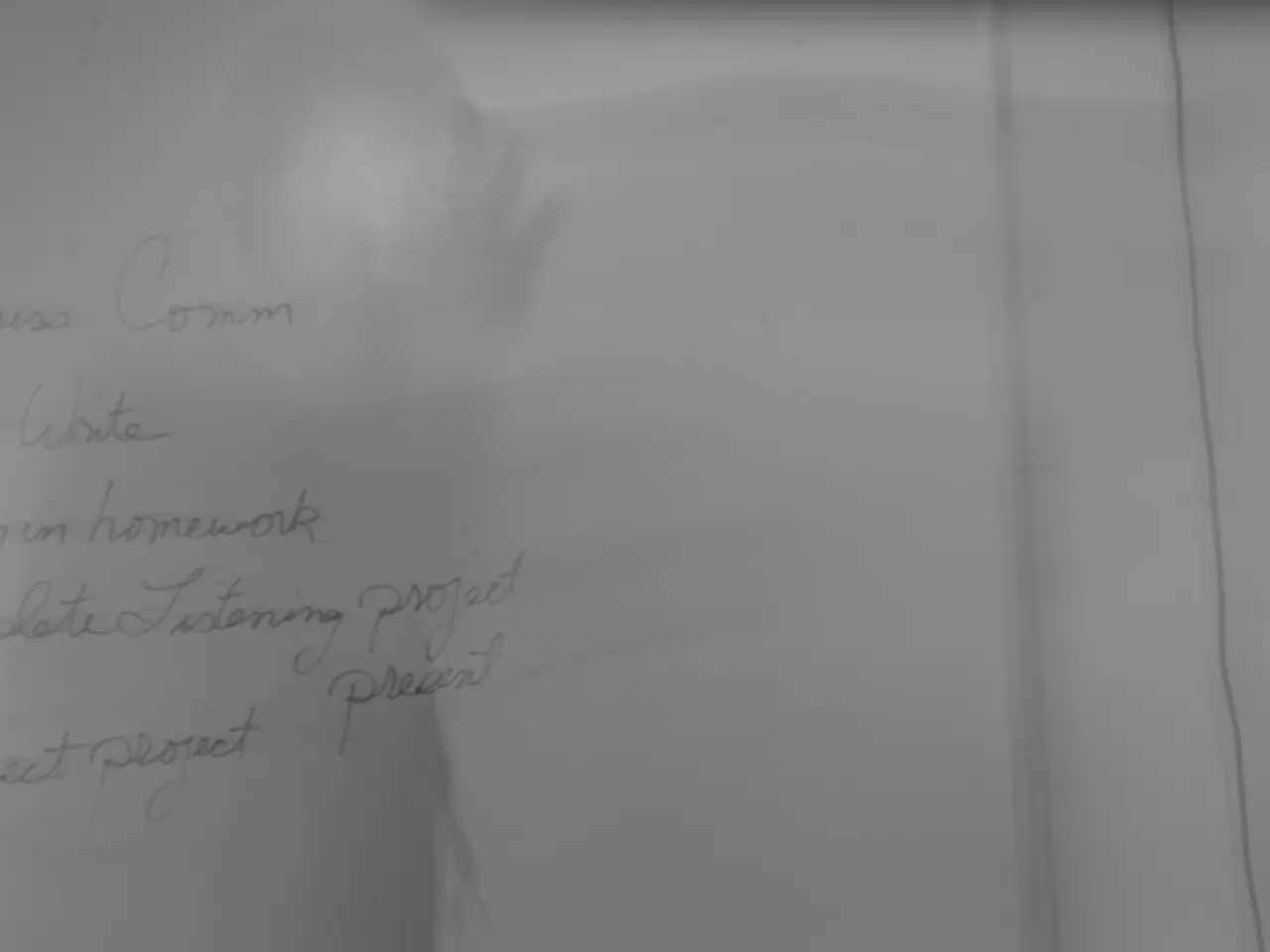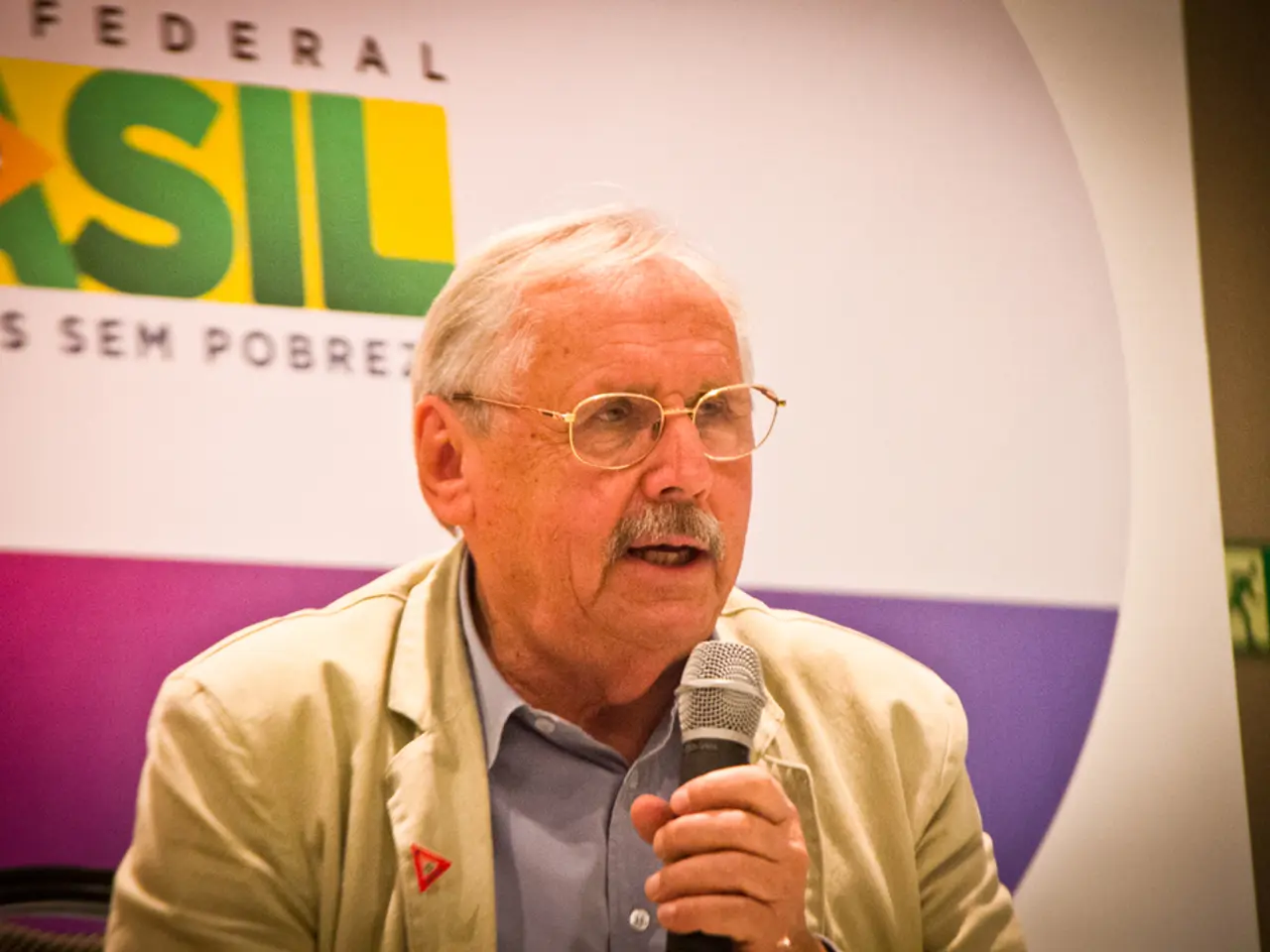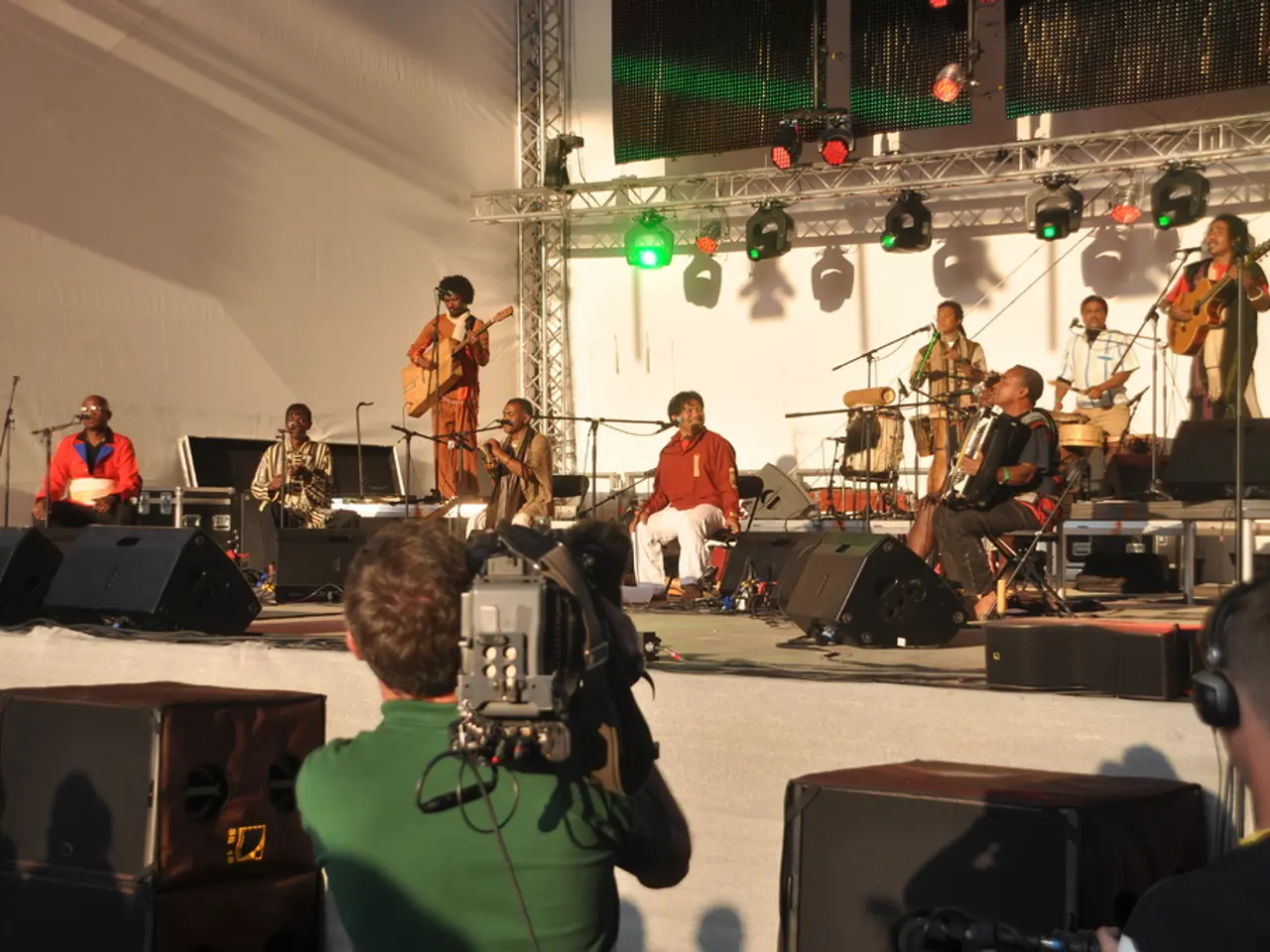Cross-examining Case of Brosius-Gersdorf Elicits Political Uproar Within the Church - Clergy Member Views Brosius-Gersdorf Incident as a "Homegrown Scandal"
In a recent turn of events, Bishop Herwig Gössl of Bamberg has made headlines for his criticism of the appointment of jurist Frauke Brosius-Gersdorf to Germany's Federal Constitutional Court (Bundesverfassungsgericht).
Frauke Brosius-Gersdorf, a renowned legal scholar and jurist, has been a subject of controversy due to her academic stances and public statements, which some critics argue reflect ideological biases or controversial interpretations of fundamental rights and state authority.
The appointment of Brosius-Gersdorf, which seemed to signal a shift in the ideological balance of the Court, has raised eyebrows. Some critics claim that behind-the-scenes political deals may have influenced her nomination, sidelining more centrist or broadly accepted candidates.
Bishop Gössl, a respected figure with moral authority in Germany, described the appointment as an "internal political scandal." This suggests he believes the appointment was not purely meritocratic or based on qualifications, but rather influenced by political maneuvering and possibly undisclosed negotiations.
The implications of this claim are far-reaching. For the Constitutional Court, allegations of political scandal can diminish its legitimacy, raise concerns about its ability to rule without partisan bias, and potentially alter legal interpretations on civil rights, state powers, and social policies.
For German politics, political parties involved in the appointment may face criticism for prioritizing political advantage over qualifications, leading to calls for greater transparency and reforms in the appointment process. The issue may also fuel wider discussions about the role of politics in judicial appointments and democratic institutions’ integrity.
For society, the controversy might deepen political or ideological divides, shake confidence in democratic institutions and the rule of law, and intensify scrutiny from media, legal experts, and watchdog organizations.
In a separate incident, Bishop Gössl delivered a speech at the Catholic Heinrichsfest, expressing concern about the ruthless exploitation and destruction of nature. He also mentioned the unborn, the elderly in need of care, the mentally ill, the socially disadvantaged, refugees, and nature as groups that would have no voice if responsibility before God continues to fade. However, no new information about the potential consequences of this or the potential slide into intolerance and contempt for humanity was provided.
This controversy underscores the necessity for transparent, merit-based processes in selecting guardians of the constitution to maintain institutional credibility and the rule of law.
Vocational training could be proposed as a means to foster a more qualified pool of candidates for judicial appointments, promoting a merit-based selection process and reducing allegations of political bias. In the context of community policy, it's crucial to ensure transparency and accountability in policy-and-legislation, particularly in areas related to politics and general news. Such efforts can help restore public trust in democratic institutions and the rule of law.






